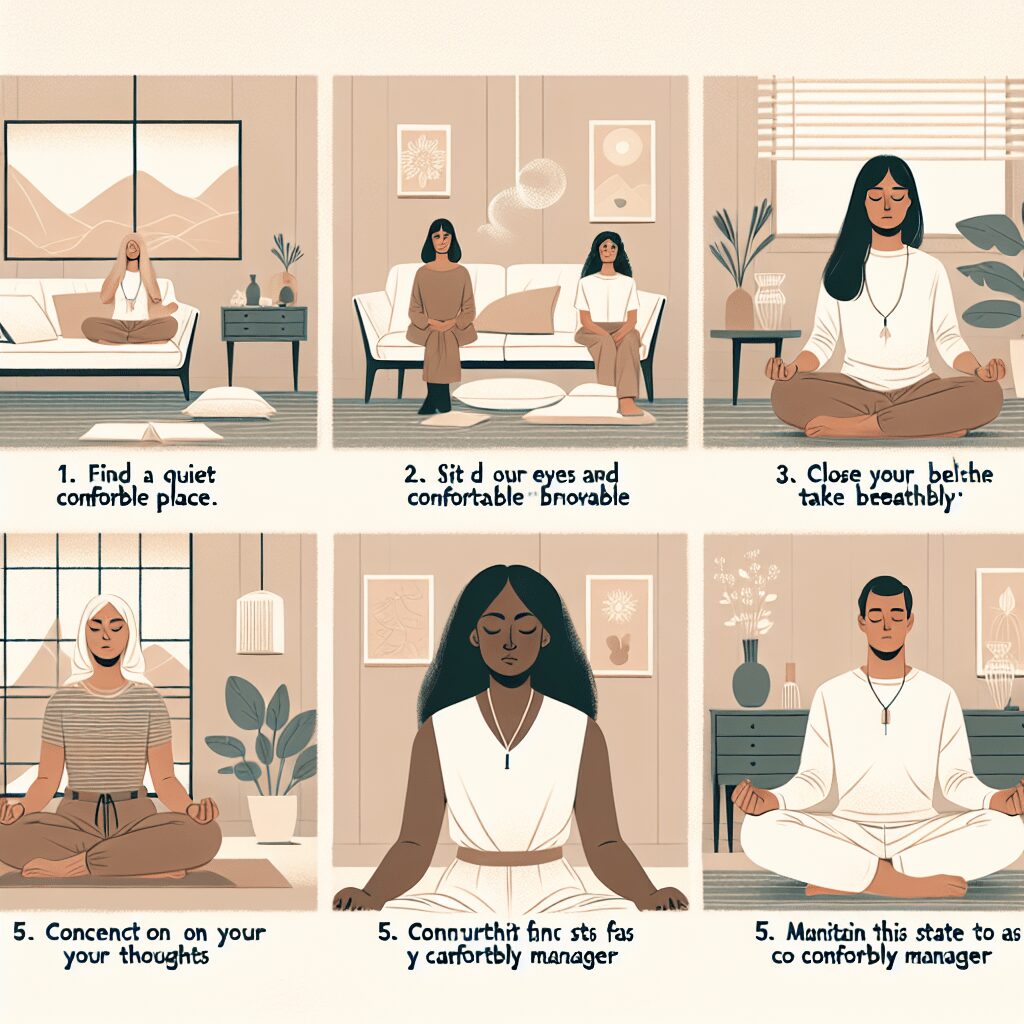
Prioritize your mental well-being daily. Enhance your life by nurturing your mental health with the Smart Meditation app. Break free from stress, alleviate anxiety, and enhance your sleep quality starting today.
Does Caffeine Trigger Anxiety?
The Buzz Behind the Brew: Unveiling Caffeine’s Impact on Anxiety
Caffeine – it’s the jumpstart jolt that kicks our engines into gear, powering through early morning grogginess and late afternoon slumps alike. Whether it’s the classic cup of Joe, an energy drink, or a chocolate treat, caffeine is the go-to elixir for millions seeking to shake off the cobwebs of sleep or a midday lethargy. But here’s the kicker: while caffeine is celebrated for its wakefulness-promoting prowess, it’s also under the scanner for potentially being a trigger for anxiety. So, what’s the real scoop? Does caffeine stir up the pot of anxiety, making it bubble over? Let’s dive in, separating the beans from the chaff.
Caffeine and Anxiety: The Jittery Relationship
First things first, let’s get our facts straight. Caffeine works by blocking adenosine, a neurotransmitter in the brain that promotes relaxation. This blockade results in the increase of other neurotransmitters like dopamine and norepinephrine, leading to heightened alertness and energy. However, it’s not all sunshine and rainbows. Here’s the rub – this very stimulation can also be a double-edged sword, particularly for those with a predisposition to anxiety.
The Buzz on Symptoms
When you overdo it with caffeine, the heightened state of alertness can tip over into the realm of anxious symptoms. We’re talking racing thoughts, heart palpitations, and that uneasy, butterflies-in-the-stomach feeling. For someone with an anxiety disorder, these symptoms can feel like adding fuel to the fire. It’s akin to stepping on the gas pedal when you’re already speeding – not quite the thrill you signed up for.
How Much Is Too Much?
Now, you might be wondering, “How much caffeine is the tipping point?” Well, the answer isn’t one-size-fits-all. Tolerance levels can vary wildly from person to person based on genetics, age, weight, and even the usage of medication. However, a general thumb rule floated by health experts suggests that 400 milligrams of caffeine per day – roughly the amount in four 8-ounce cups of coffee – is safe for most adults. Nonetheless, for those predisposed to anxiety, this threshold might as well be lower.
Navigating the Caffeinated Waters
So, should you kick caffeine to the curb if you’re battling anxiety? Not necessarily. It’s all about striking the right balance and knowing your body’s limits. Here are a couple of nuggets of wisdom to help you navigate the caffeinated waters without capsizing your mental health boat:
- Listen to Your Body: This can’t be stressed enough. If you notice jitteriness, restlessness, or an uptick in anxious thoughts post-caffeine consumption, it might be time to dial back.
- Moderation is Key: Instead of going cold turkey, consider gradually reducing your caffeine intake. Swap out that espresso for a milder latte or choose herbal teas over black tea.
- Timing Matters: Avoiding caffeine later in the day can fend off sleep disturbances, ensuring a more restful night without those anxiety-fueling sleep disruptions.
In the end, caffeine doesn’t have to be the villain in your narrative. With a smidgen of awareness and a dash of moderation, you can enjoy your caffeine fix without letting it steamroll your peace of mind. Remember, it’s about finding that sweet spot where you can relish the perks of caffeine without the unwanted side effects. After all, life’s too short for bad coffee and unnecessary anxiety, wouldn’t you agree?



